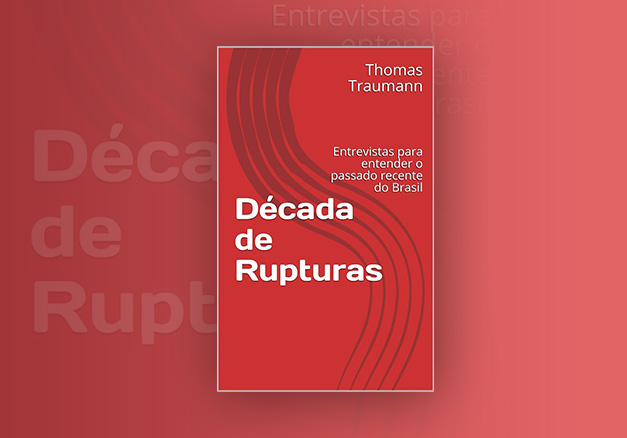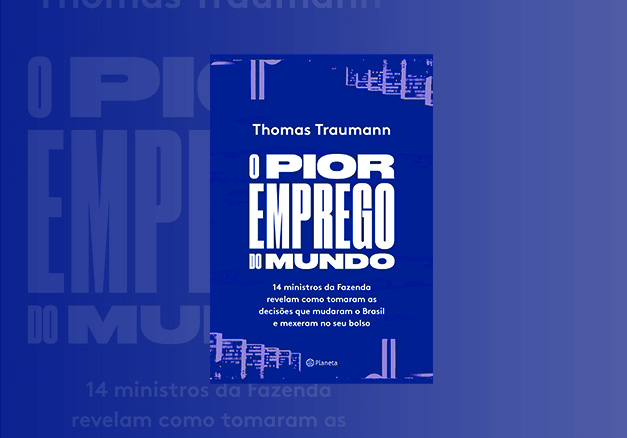Biografia do Abismo Book

How did political opinions start dictating those with whom we live? How did tolerance become so frail? Why didn’t the divide on WhatsApp groups end after the election? Why do we treat potential candidates as if they represent a part of our identity? These are some of the questions the book “Biografia do Abismo – como a polarização divide famílias, desafia empresas e compromete o futuro do Brasil” [“Biography of the Abyss – How Polarization Divides Families, Challenges Companies and threatens Brazil’s future”] aims to dissect and respond to. Analyzing over 99,000 home-based interviews between 2021 and 2023, political scientist Felipe Nunes and journalist Thomas Traumann outline Brazil at the edge of the abyss.
The book warns that this kind of extreme polarization is calcifying; that is, people are more rooted in their opinions, and it has become increasingly harder to lure people away from their initial stances. Calcification speaks of one’s unwillingness to defect from their group, their presidential candidate, or even vote for a different name. Therefore, the chances of new and even dramatic events changing people’s minds are considerably smaller. Recent events tend to be absorbed into a conflict axis in which identity plays the main role. That also means there’s less fluctuation in electoral results year to year.
The paradox is that the stiffening of political stances doesn’t necessarily mean electoral results are somehow predetermined. The group of identities associated with either Lula or Bolsonaro is huge and produces a high voting potential for both candidates; however, both movements are so big that results tend to be defined by smaller groups who can refrain or join either side, ultimately tipping the electoral scales. And while we do see a more politically stiff society, electoral results actually became more unpredictable.





